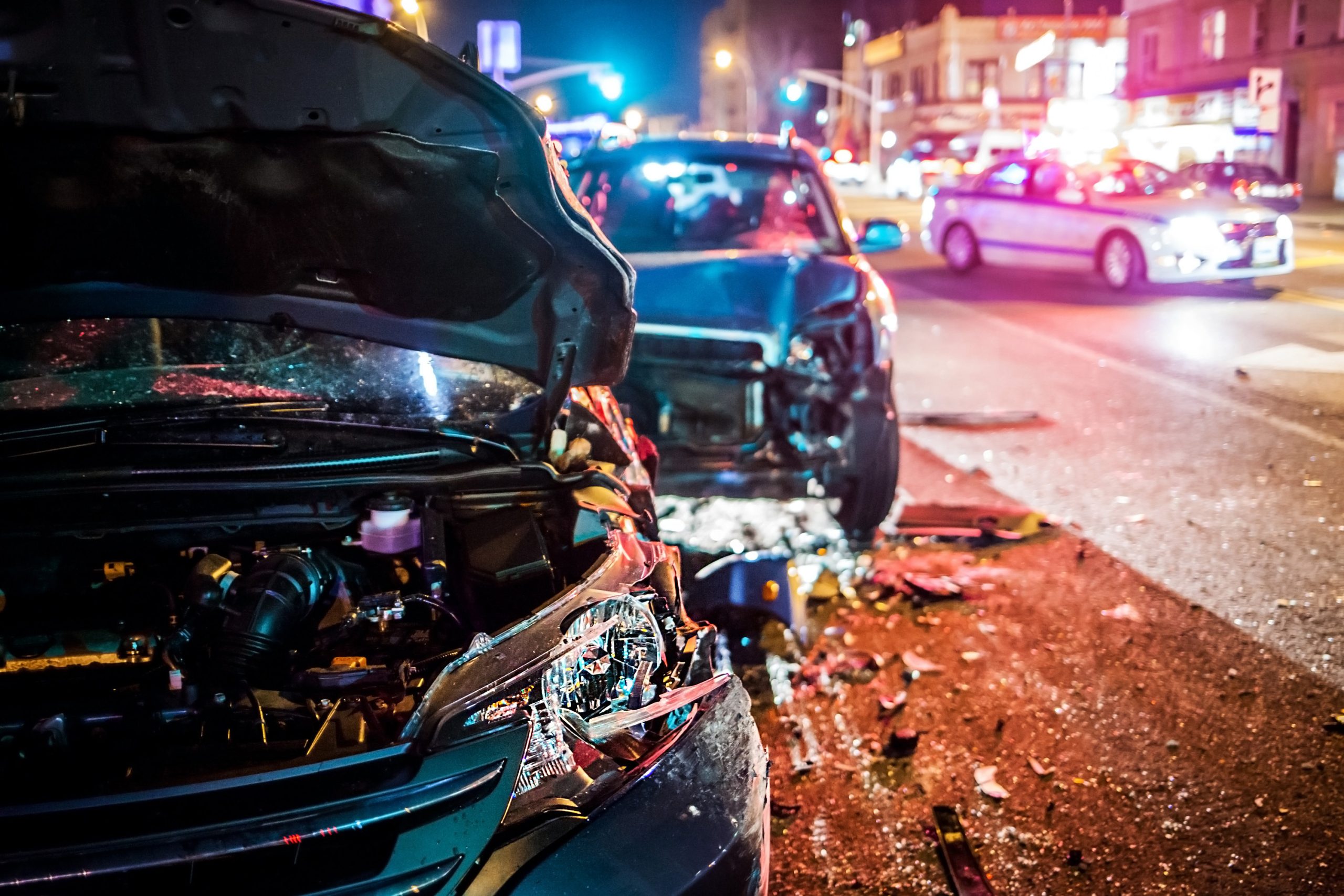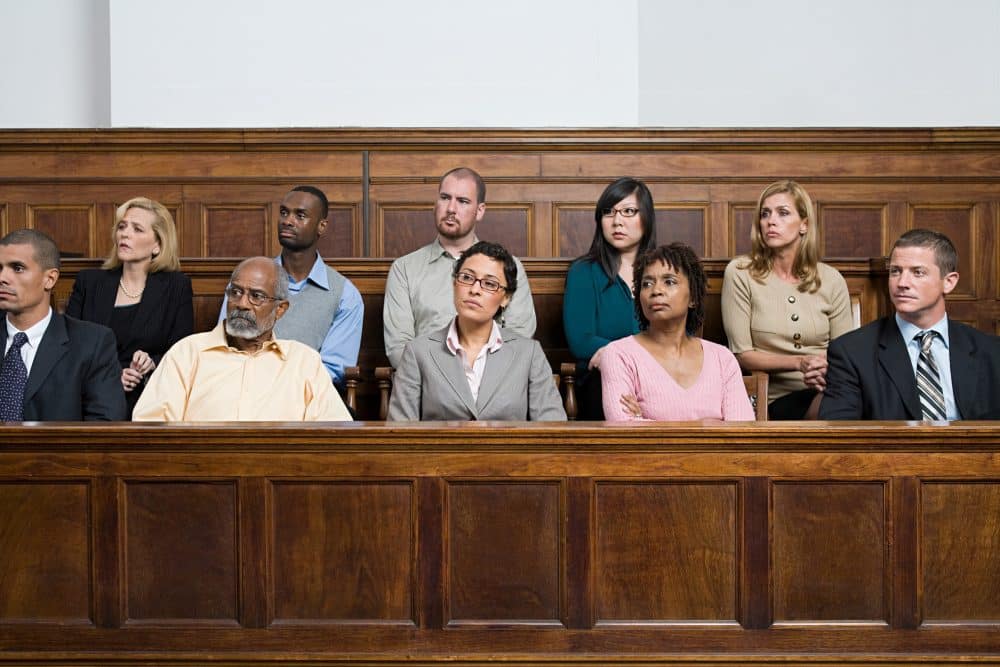
When you’ve been in a car accident, you can typically expect insurance claims to be resolved quickly, without requiring a lawsuit. Even when lawsuits are filed, settlements are usually reached through negotiations and don’t go to trial. However, there are times when cases do go to trial, and when that happens, you need a skilled car accident lawyer in Paterson on your side.
Peter N. Davis and Associates is here to help you navigate the tricky waters of trial. An attorney on our team may be able to take on your case and handle litigation for you.
Jury Selection in Car Accident Cases

As opposed to a ruling judge, most states require the selection of jury members during the initial stages of a car accident trial.
The process of selecting a jury for a car accident case is similar to what you would expect for other civil lawsuits. First, both lawyers and the judge will interview the jury members to uncover any prejudices that could prevent that individual member from handing out an impartial ruling. Then, after a careful jury selection process, both parties will prepare for opening statements.
Opening Statements
During the opening statements of a trial, each side will present their argument about why they believe they are in the right. The insurance company might claim that you don’t deserve compensation because the accident is partly your fault. Then, your attorney might argue that those allegations are baseless and explain that they have evidence to back up this claim.
The purpose of these opening statements is to outline exactly how each party plans to present its case to the jury.
Presenting the Case

Typically, your attorney will present your case to the jury after the opening statements. They will share your proof of why you believe you were not at fault. Then, your attorney will work to ensure your claim is both truthful and solid, giving you the best chance to win your case. While presenting your case, it’s helpful to bring witness testimonies from bystanders, statements from medical professionals, and more. The goal of our argument is to show without a reasonable doubt you should win your claim. After presenting your side, the defendant will then have the opportunity to share their argument.
Closing Arguments & Deliberation
After both parties have presented their case to the jury at the end of the trial, they will have the opportunity to then present closing arguments. Unlike opening statements, closing arguments focus less on presenting the case and more on analyzing the evidence presented to the jury. The closing arguments are each parties’ last chance to persuade the jury to decide, one way or the other.
The jury will go to a private room to deliberate the case following these closing arguments. These deliberations are strictly confidential, and there is no set time limit. Eventually, the jury will decide on a verdict and communicate this with the judge, who calls the jury back into the courtroom and has them read the verdict to both parties.
Call a New Jersey Car Accident Attorney in Paterson, New Jersey
If you’ve been in a car accident, you will more than likely resolve your claim long before going to trial. In the event no resolution can be met through negotiations, though, going to trial is always a possibility, and it’s in your best interest to have an experienced car accident attorney on your side. Peter N. Davis and Associates has been helping individuals just like you for years, and we’re committed to helping you get the compensation you deserve after an accident. Get in touch with an experienced car accident lawyer in Paterson today for a free case review, and we’ll do our best to help you navigate this challenging time!


